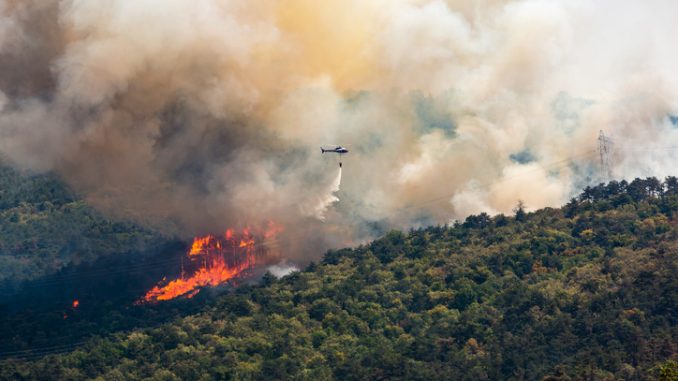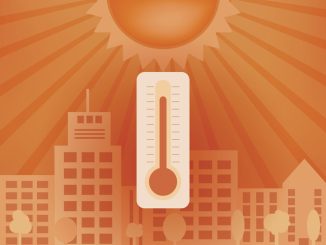
As reported by The BMJ, The World Meteorological Organization has issued a warning about the potential health consequences of climate change, underlining the need for tailored climate services and collaboration to safeguard vulnerable communities.
In its annual State of Climate Services report, WMO said that by 2030, the number of medium or large scale disasters could reach 560 a year—or 1.5 a day. In summer 2022, extreme heat was estimated to have caused over 60 000 excess deaths in 35 European countries.
The Intergovernmental Panel on Climate Change has also warned that future health risks from injury, disease, and death are likely to increase as temperature extremes, cyclones, storms, floods, droughts, and wildfires become more intense and frequent.
Despite these warnings, WMO has said there is currently “insufficient investment” to allow the health sector to adapt effectively or to mitigate the changing climate, thereby leaving it “ill prepared to safeguard the most vulnerable.”
It highlighted that because of the covid-19 pandemic all countries have now “experienced the social and economic losses and damages which can occur when the health of society is compromised.” With this in mind, they should now act to prepare the health sector for “future shocks and pressures” from climate change.
The organisation has called for “tailored climate information and services” to support health systems as climate change leads to more extreme weather events, poorer air quality, shifting infectious disease patterns, and food and water insecurity. It has also said health ministries need to make better use of the climate data already being provided to them by their national meteorological services to monitor climate sensitive health risks.
Commenting on the report, World Health Organization director general Tedros Adhanom Ghebreyesus said, “The climate crisis is a health crisis, driving more severe and unpredictable weather events, fuelling disease outbreaks, and contributing to higher rates of non-communicable diseases. By working together to make high quality climate services more accessible to the health sector, we can help to protect the health and wellbeing of people facing the perils of climate change.”
Positive examples
The report illustrates how integrated climate and health action can make a difference in people’s daily lives by sharing case studies from around the world. Examples included extreme heat and cold early warning systems for the health and civil sectors in Argentina, a mobile app in Europe which provides information on heatwave and air pollution risks and real time observations of airborne allergens, and an early warning system for dengue in Vietnam.
WMO secretary general Petteri Taalas said, “It is clear that by channelling investment and boosting collaboration there is huge potential to go further and faster by enhancing the impact of climate science and services so that health partners get the support they need at a time when unprecedented changes to our climate are having an increasing impact.”
In this year’s special issue on climate, WHO’s climate and health director Maria Neira told The BMJ that climate change could be the “ultimate” public health opportunity, if politicians have the courage to act.



Be the first to comment